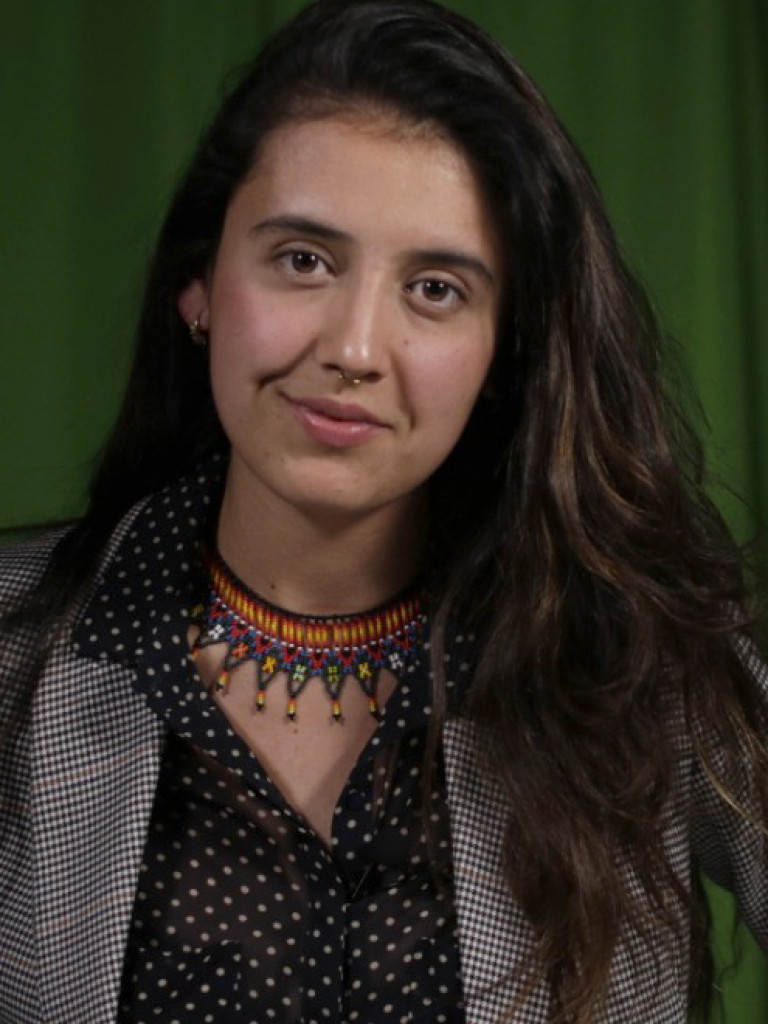
Tatiana Pardo
- 2019
- Press Fellow
Tatiana is a journalist passionate about issues related to the environment, the relationship between armed conflict and natural resources, indigenous peoples, science and gender. She is the only environmental journalist in EL TIEMPO, the biggest print media in Colombia. Before, she worked for El Espectador, the oldest and second-largest newspaper in her country. 1. Why did you choose to become a science journalist? I came to scientific journalism by chance, but I fell madly in love. I started investigating the actions of the government and private actors to decontaminate the Bogota River, one of the most polluted in Colombia… And then I got involved in issues about illegal mining, deforestation (particularly in the Amazon) and post-conflict. Now I want to understand the role of ecosystems during the war and the new opportunities created after the historic signing of the peace agreement that “ended” more than 50 years of conflict between the Government and the Revolutionary Armed Forces of Colombia (FARC). 2. What role do science and science communication play in your country? It should be one of the most important roles, but it is not yet. For many years war (violence and tragedy) was the center of media. In that scenario, there are many journalists covering politics and justice in the Colombian media, but few in science, health, environment, and technology. However, a new generation makes its way. We are starting to build a network between journalists, research centers and universities to enrich the debates and help to build a country where science helps to make better decisions. But, at the moment, science journalists are a rare species in Colombia; there’s only a handful of us who are specialized. 3. What are the main challenges of science journalism in your country? They are many:
- Universities, the faculties of journalism, must have subjects focused on science. Few understand the importance of this approach from undergraduate.
- The media should have more specialized people covering science, health, environment, and technology. There are many issues and few hands.
- We have been unable to cover local science as it should be. The agenda of the big cities is still the protagonist and, meanwhile, the most remote territories are still forgotten.
- Publishers and media owners must support much more scientific research, understanding that they are just as important and relevant as others. These stories are not to give clicks, but to inform with arguments. Scientific journalism requires investment (time and money), but we don't have that.
- The audience has a responsibility too. In Colombia, science has not permeated our society enough, so the debates are in a very small niche.
- There are still no solid bridges between scientists and journalists. Most of them fear that their message will be distorted.